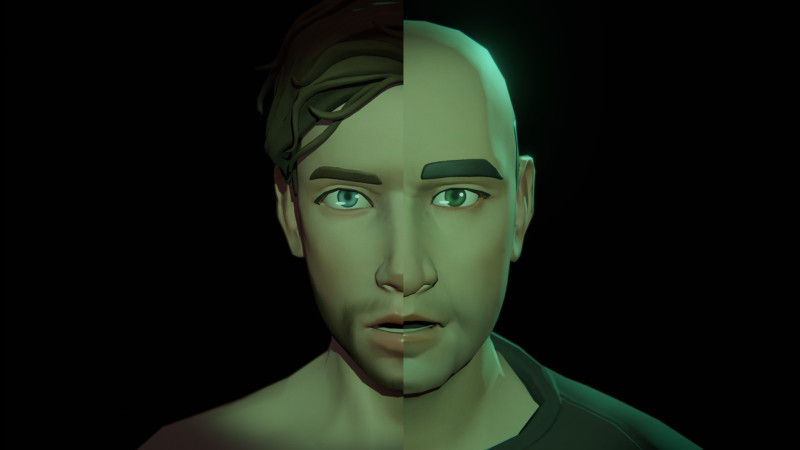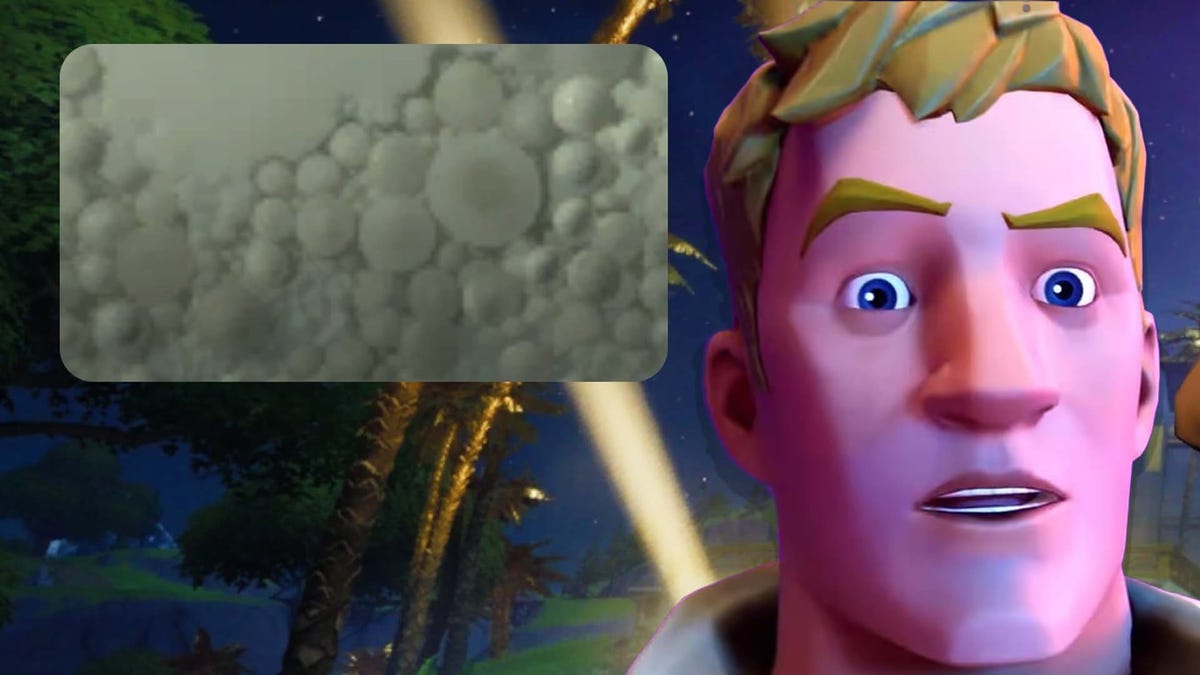You know those games where you think you know where the narrative is going and the journey eventually turns into a predictable ride that feels like a chore? Variable State’s newest supernatural adventure is anything but. The story of Last Stop connects the fates of three strangers, with life choices and perceived failures merging into a bubble of existential crisis that would make famous philosopher Albert Camus proud. Last Stop is a two-sided experience where one side is relatable monotony and the other offers unbridled chaos and imaginative puzzles.
Last Stop is a deceptively complex story set in what is now London. It starts slowly and introduces John, Donna and Meena to the players. Each character is alien to the other, but they all have simplified lives that address the looming existential fear we all know and endure. The three stories are linked by the supernatural and the twists and turns of the narrative that make Last Stop feel like they are playing a television show. The game has intro cuts like you would see on a UK sitcom with character names and their actors. It has dramatic music that flares up at just the right time, and there are stories that provide helpful reminders of the “path so far”. what is a nice touch given The episodic format of Last Stop.
The three main characters have nothing in common apart from their monumental bad luck. Meena is the “career obsessed” archetype; a woman driven by reckless ambition regardless of the collateral damage. She is torn between her goals and her past, a split felt by those around her. The wedge between her and those she loves deepens as she is suddenly forced to fight for a promotion she has set her sights on for years.
Donna is a high school student who plays the average teen archetype; A little undisturbed in some ways, a little too disturbed in others, and she just tries to find herself as she navigates her teens. In order to break out of the shadow of the family, she throws herself into a complicated friendship with Becky and Vivek. That friendship is put to the test when a night out with friends goes horribly wrong after a mysterious stranger turns their life upside down.
John is a middle-aged father who is underrated and overworked. As a single parent, he resents his young, successful, and wealthy neighbor, Jack. Instead of letting this jealousy play its part, however, fate has other ideas to do a good old Friday the 13th body swap. The core of the three stories is the core of what Last Stop has to offer: Supernatural Fate. While I don’t want to reveal what the supernatural connection actually is because it would be a massive spoiler, I’ll say this isn’t what you’d expect and that the reveal was wild. The twist end also features unique closures for each character that reflect growth and their inner truths. I enjoyed that the three characters were so different that each chapter felt fresh, especially when jumping between John and Donna. I described John’s resignation with everyday life, but wistfully plunged myself into Donna’s naivete and youthful conviction that anything is possible. Meena was a difficult character to love, many of her choices were borderline cruel, although later in the story we learned why she is so guarded and that revelation made me cherish her as part of that story.
Each character’s story is divided into six chapters, so the player can choose between John, Donna, or Meena before moving on to the next section of the story. Three choices help guide how these characters behave in the game, usually portrayed as diplomatic, sarcastic, or aloof, e.g. B. the ability to comfort someone in a time of need or to hold a vengeful grudge. For example, John (in Jack’s body) has to decide whether to shut up about his toxic work environment or play it safe in order to keep his job. These decisions command certain actions during the crucial parts of the story, although the decisions that really affect the game are reserved for the end. If you want to repeat part of the story, there is no way to skip the dialogue, which is a hassle when repeating a chapter. Fortunately that is didn’t affect me Enjoyment too much because I found the pace of the dialogues and the story calm down, similar to British sitcoms, and despite the crazy ongoing narrative, ensure even conversations between the individual characters. It also struck the dry humor these sitcoms are known for in each chapter, though those moments were peppered and didn’t detract from the mysterious nature of Last Stop’s story.
Mechanically speaking, Last Stop is as easy as it gets. The movement is limited to walking and is extremely linear to suit the guided experience similar to a television broadcast. At first I felt that this design was too straight and narrow and hurt the game. However, as I stepped through the story, the pace made sense considering the bigger picture.
While traversing the world is limited by Last Stop, Meena’s analytical ability is an exception to the game’s limit of only walking. With this feature, she can scan anyone of her choice to find out details about them: Are you guilty? Lying? Frightened? This ability doesn’t really affect the narrative, the decisions are made to keep the story on track, but it does provide a different look into her head and the almost clinical way she perceives the world.
Last Stop oozes existential philosophy that is juxtaposed with the illusion of a simple life. At 34 I identified, at some level, wit all three characters that complicated some of the more drastic decisions like deciding whether Meena is honest about how she hurts her family or Donna’s decision between her family and their struggles. How do you act when there is no right choice, just the right choice for this moment? What if that “right” decision comes at the cost of someone’s life? Her luck? What do you do at the moment when you get into the stomach that the world is so much more alien and bigger than you think? Last Stop is not for everyone; It’s a slow narrative that takes a little time before it pays off. Last Stop’s conclusion, however, is unique, surprising, and made me reflect on my decisions in the game itself and in real life. It was a thoughtful journey that ended on a satisfying note tinged with wonder and a new sense of what it means to be human.








